Oil storage tanks at Darwin hit by Japanese bombs 1942.

BRITISH PRIME MINISTER CHURCHILL BETRAYS AUSTRALIA AT THE ARCADIA CONFERENCE

WINSTON CHURCHILL - NO FRIEND TO AUSTRALIA
Although happy to take all the sailors, soldiers and airmen that Australia was prepared to place at his disposal for the defence of Britain, Churchill had no concern about Australia's fate when Japan's conquering armies menaced Australia. His assurances of British military support for Australia against the Japanese were lies. He had already betrayed Australia to the Japanese at the Arcadia Conference held in Washington in late December 1941. Churchill even resisted the return of Australian troops from the Middle East to defend their own country; he wanted to use them In Burma to defend India against the advancing Japanese.
The Dutch surrender left Australia as the last effective bastion against Japan in the South-West Pacific and exposed to the threat of a Japanese invasion. If the Japanese had immediately landed troops at Port Moresby or Darwin after the Dutch surrender, Australia would have had nothing to throw at them except poorly trained and equipped militia recruits and obsolete aircraft.
Having lost faith in British promises, Prime Minister Curtin appeals to the United States for help to defend Australia
On 14 March 1942, with British Malaya and the Netherlands East Indies now occupied by Japanese troops, and the Japanese on Australia's doorstep, Curtin addressed the people of the United States in another famous radio message. The Australian Prime Minister urged Americans to stand with Australia to resist Japanese aggression. Curtin accurately reminded Americans of their own danger when he used these words:
"Australia is the last bastion between the west coast of America and the Japanese. If Australia goes, the Americas are wide open."
Curtin did not need to address these words to the Commander in Chief of the United States Navy, Admiral Ernest J. King, who was already convinced of the importance of Australia to the United States and the compelling need to keep Australia an American ally and a bastion of freedom. Since his appointment in December 1941, following the Pearl Harbor disaster, Admiral King had been fighting the demands by top United States army generals that South East Asia, including Australia, Malaya, and the Philippines, be abandoned to the Japanese so that all military resources, including those of Australia already under British control, could be directed to the war against Germany.

MACARTHUR - A FLAWED GENERAL TAKES COMMAND OF AUSTRALIA'S DEFENCE
General MacArthur is appointed Supreme Commander, South West Pacific Area
On 22 February 1942, President Roosevelt reluctantly ordered General Douglas MacArthur to abandon his hard-pressed army in the Philippines and assume the office of Supreme Commander, South West Pacific Area (SWPA) with headquarters in Australia. Roosevelt believed that General MacArthur had personally compromised the defence of the Philippines through serious errors of military judgment, but MacArthur had promoted an image of himself in the United States as a hero and brilliant general, and Roosevelt came under enormous public pressure to save MacArthur and give him a new command. MacArthur ordered his starving and desperate troops to fight on to the end, and gave them false hope of survival with a cruel lie that substantial military relief would soon arrive from the United States.

General Douglas MacArthur possessed a deeply flawed personality. He was vain, aloof, and showed no interest in the welfare of the troops he commanded. His mind was too closed and inflexible for him to readily deduce an enemy's strategic and tactical goals or options. He ignored unpleasant realities when it did not suit him to acknowledge them, and tended to surround himself with servile staff officers who were aware of this dangerous weakness and indulged it. A surprise move by an enemy could produce paralysing indecision at MacArthur's headquarters.
On 11 March 1942, under cover of night, MacArthur departed for Australia with his family and senior staff officers. He left his troops, his army nurses, and American civilians to face the fury of a Japanese army frustrated and humiliated by the courageous, but pointless, resistance of the American and Philippine troops.
On 17 March 1942, MacArthur's B-17 touched down at the RAAF Batchelor Field which was located 72 kilometres (45 miles) south of Darwin. He was accompanied by his wife, his child, the child's nurse, and thirteen of MacArthur's senior staff officers. The presence on the flight of thirteen of MacArthur's staff officers, known as "The Bataan Gang" by fighting soldiers on the Philippines, defied General Marshall's authorisation for Major General Sutherland alone to accompany MacArthur and his family to Australia.
MacArthur arrived in Melbourne on 21 March 1942, and immediately installed himself in the best suite in the Menzies Hotel. In the climate of great anxiety in Canberra for Australia's survival, the Curtin government was greatly relieved by General MacArthur's appointment as Supreme Commander of the South West Pacific Area and the location of his headquarters in Australia. The self-styled "Hero of the Pacific" was greeted with adulation by Australian politicians, public and media. Despite this adulation, MacArthur's passion for self-glorification drove him to lie about the manner in which he had arrived in Australia. He told the press that his aircraft had been closely pursued by Japanese fighter planes and had narrowly escaped Japanese bombers as it was landing at Batchelor Field. This story captured the public imagination but it was all a lie. Master Sergeant Dick Graf, who was the wireless operator on MacArthur's flight from the Philippines, later exposed MacArthur's story as a figment of his imagination. According to Graf, the flight to Australia was uneventful. MacArthur's aircraft was never under threat from the Japanese.
MacArthur came to Australia with an obsession to return to the Philippines as a hero. With his mind unwaveringly fixed on a triumphant return to the Philippines, MacArthur would neglect the northern defences of Australia and almost hand the Japanese a victory on the Kokoda Track.
In March 1942, the first American troops were sent to Australia from the United States (read on via index)).


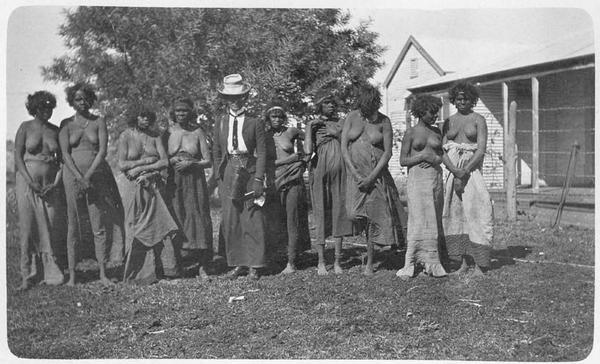






+copy.jpg)










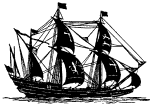





















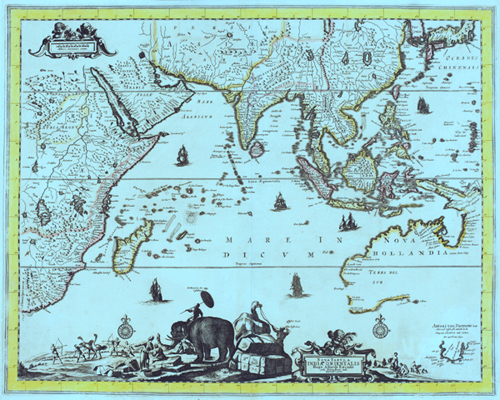

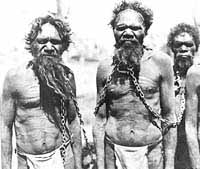
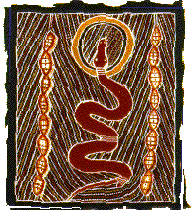


















.jpg)
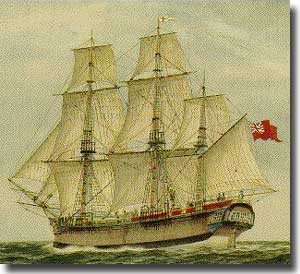





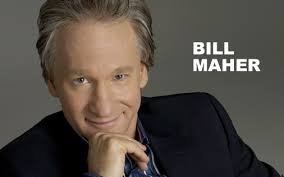



















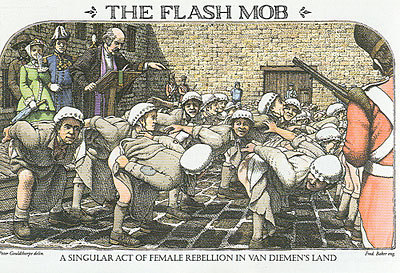
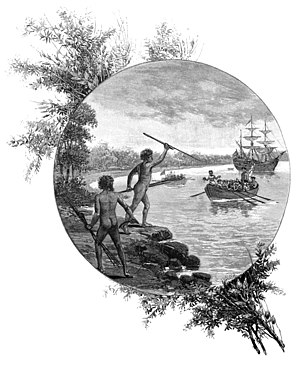 G
G







.jpg)















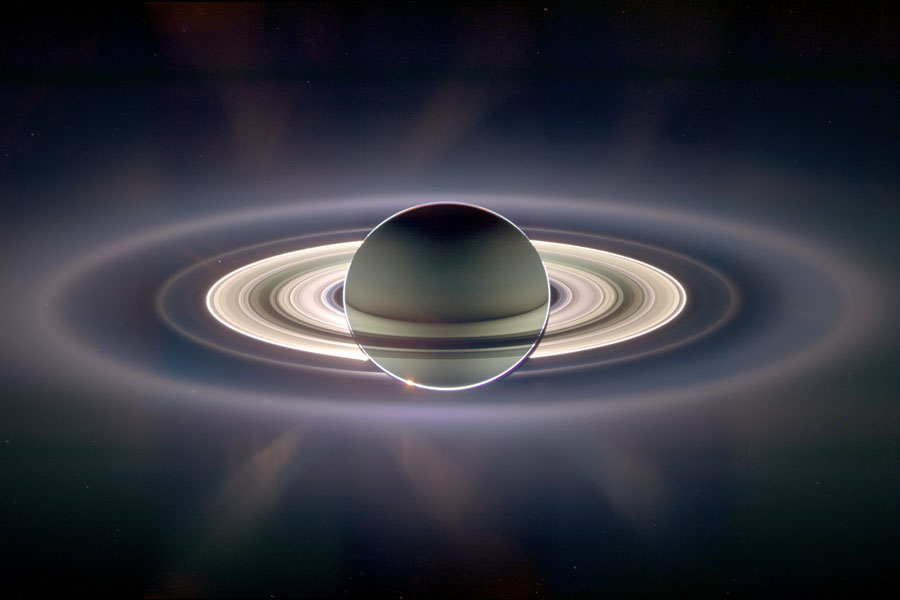
No comments:
Post a Comment